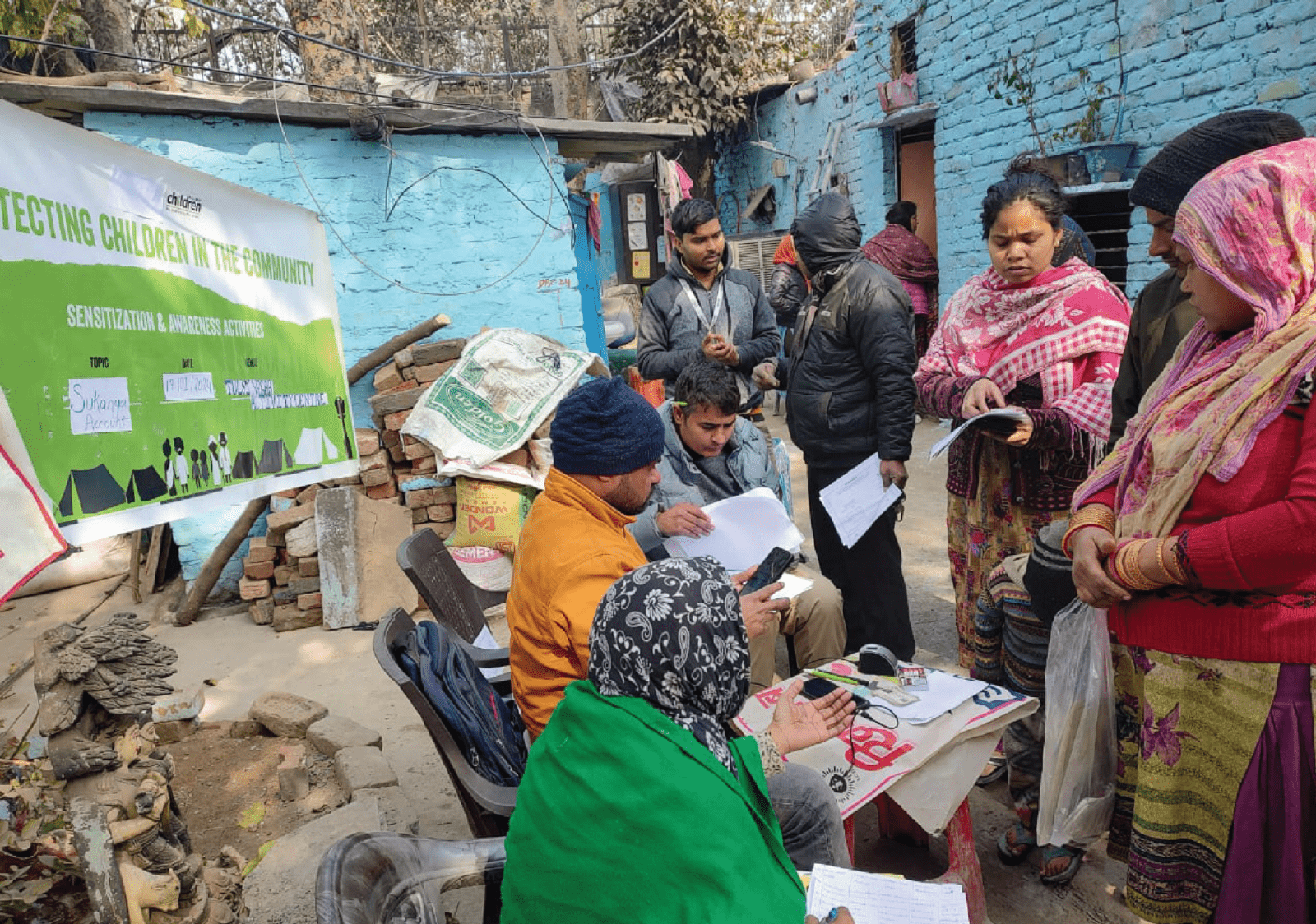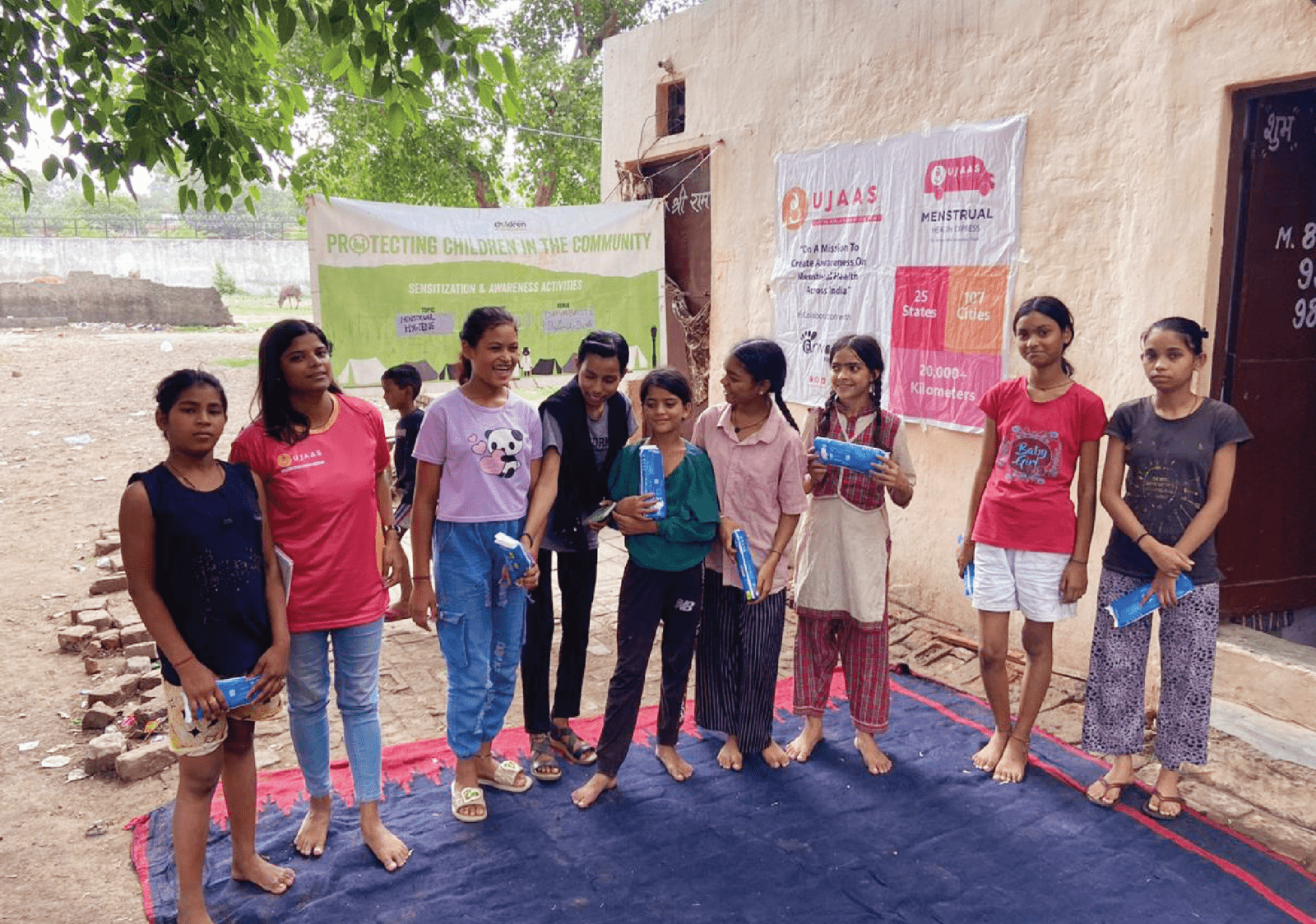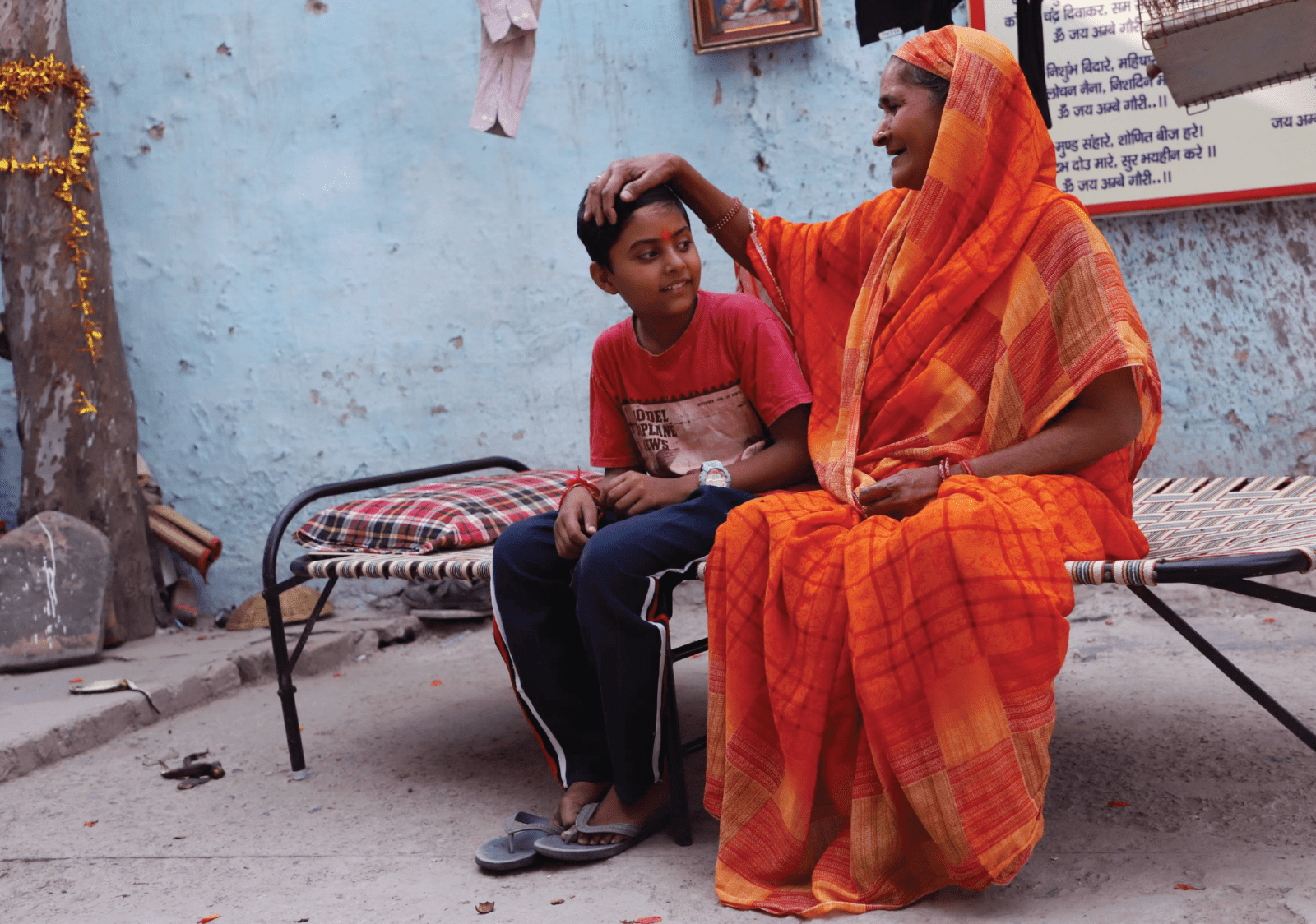#Covidunder19 is an initiative by a group of young people, child rights activists, civil society organizations and other stakeholders which creates space for children across the globe to be meaningfully involved in the discussions about the responses to the Covid-19 pandemic.
The initiative set out to understand children’s views and experiences about life under Coronavirus, and amplify their voices to inform policymakers, professionals working with children, and governments.
Recently, the initiative launched the “Life Under Coronavirus” a survey to understand children’s experiences of the Covid-19 pandemic and their views on how they wish to get involved. This survey was conducted across 137 countries with 26,258 responses from the children. The #CovidUnder19 Life Under Coronavirus survey was designed in the spirit of the United Nations Convention on Rights of Child and involved a diverse group of children from 28 countries at all stages including drawing conclusions and developing key messages.
Here are some highlights of the survey:
Positive and Negative Experiences
The pandemic caused a mayhem in the world and experiencing this at such a young age was very overwhelming for all the children out there. These were some positive experiences and some negative experiences, but overall, this pandemic sure had an impact on these children good or bad. Many of them said that they were unaffected or had a great time as they were staying home with their family. Due to the worldwide lockdown, which was imposed, children had more time to spend with their family, relax and learn new hobbies. For many other children, this experience was negative as they missed their school, their friends and also had a significant impact on their mental health.
Personal experience of Covid-19
Even though we ascertained that the children are less likely to contract the virus, some of them did have a personal experience of contracting COVID19 either themselves, a family member or both. Out of the total 242 children across all age groups had contracted the virus and 1 in 5 of these children had a disability and 1008 children said that a family member had contracted the virus. 12% children say that they feel less safe now at home or at the place where they live after their personal experience of the virus.
25% of children who experienced the Covid-19 virus and 21% with no experience at all said that since the virus began, they were now less able to access medical help they may need.
97% of children said that they were taught to wash their hands for 20 seconds or use a sanitizer and were taught about the preventive and protective measures to be taken along with the important information regarding the pandemic.
Changes in Education
Due to the closure of schools, the children were expected to attend online school and complete their assignments while staying at home. 61% of the children felt that education was better before the pandemic as they would go to school, met their friends, interact with their teachers and study in classrooms which would help them concentrate in their studies. As the classes shifted to online teaching, and there was a digital divide, the students on the other side faced trouble as they had no or poor internet access. Also, as the pandemic had a negative impact on their mental health, a lot of students couldn’t concentrate in their studies.
Common feeling during Covid-19
While conducting the survey, children said how they felt during the lockdown and the most common responses were feeling bored, worried and happy. While a majority of students said that they were bored there was a tie between the number of children feeling happy and worried.
Protection from Violence
As everyone was in quarantine, there were higher chances of domestic violence and as pointed out by a child, many emergency numbers weren’t working. 9% children felt unsafe in their homes or where they lived since the start of the Coronavirus. 36% of the children felt safer than earlier as they were at home with their family and 56% felt as safe as they were prior to the pandemic.
Adequate standard of living
All the children have the right to an adequate standard of living and it applies even during the pandemic. I was found during the survey that some children have less food since the pandemic and some of them have less money to meet their needs. The children expressed that their parents did not have resources to fulfill their basic needs and it was way worse for them those whose parents were unemployed due to the pandemic. Along with food and money, access to clean drinking water too was reduced for 4% for some groups of asylums seeking, ethnic minority and migrant communities’ children.
Play, Rest and Leisure
The children were deprived of their right to play as lockdown was implemented and were forced to stay at home. Most of the children being exposed to the gadgets and online games said that they enjoyed the lockdown. But 41% of the children said that it was better before the Covid-19 as they would play with their friends instead of sitting at home playing alone and 56% of the children said that they miss their friends and various sports and activities.
Children’s Sacrifices
The children have sacrificed their play time with their friends, graduations, birthday parties, cancelled holiday trips and summer camps etc. The children had to sacrifice some of their favorite plans and stay at home during the pandemic. The children were being excluded from the public places and these very things made the children upset.







